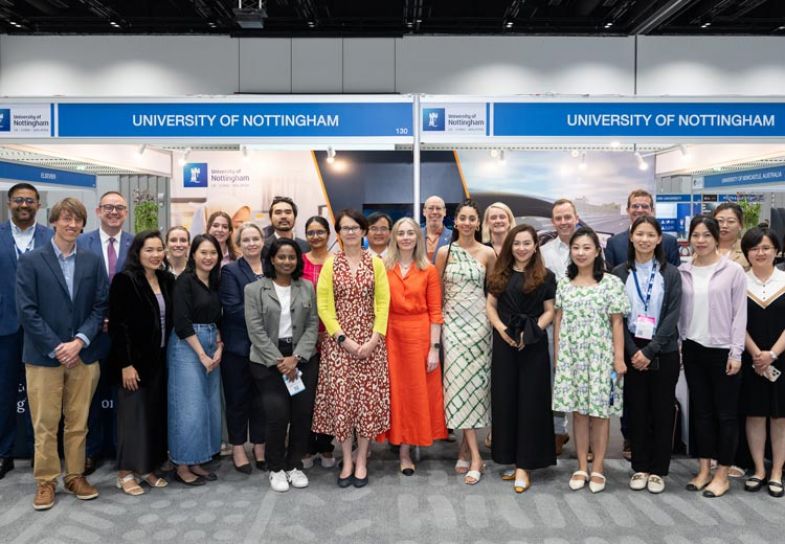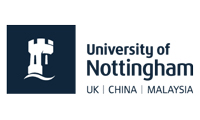
Source:
THE Events

Universities must pursue strong collaborations that promote technology and knowledge transfer to support global efforts to mitigate the climate crisis
Technological innovations have diversified avenues for green energy transition by creating sustainable industries and enhancing decarbonisation. However, one of the biggest challenges in achieving sustainable development globally is the uneven distribution of resources. A keynote session, held in partnership with the University of Nottingham, at the 2024 THE Global Sustainable Development Congress, discussed how strong global collaborations can help stakeholders overcome such challenges.
Electrification is vital for decarbonisation, which involves reducing the reliance on fossil fuels by focusing on electric technologies powered by clean energy sources. But this cannot be achieved through isolated efforts.
Jane Norman, provost and deputy vice-chancellor of the University of Nottingham, said that universities had a vital role to play in facilitating this transition to clean energy. Collaboration was a crucial part of this. “The deeper we dive into the decarbonisation challenges, the more apparent it becomes that we can’t do this work alone,” said Norman. “We’re really keen to seek out partnerships with like-minded people around the globe.”
Norman led the discussion alongside Gita Wirjawan, an honorary professor at the university’s School of Politics and International Relations. Wirjawan is a former minister of trade in Indonesia, where the University of Nottingham serves as a leading institution for knowledge exchange.
“The university is firmly committed to international collaborations that seek to address global challenges,” said Norman. “We’ve adopted a model of developing international partnerships with purpose, where the foundation of partnerships is world-leading research collaboration in areas linked directly to the United Nations Sustainable Development Goals.”
However, the differences in purchasing power among countries result in unequal access to electric technologies, a major challenge in decarbonisation. Wirjawan said that the production of electric technologies can be too expensive for many countries. Bringing stakeholders, such as universities, industry and governments, on board to facilitate technology and knowledge transfer and the global distribution of resources is a potential solution.
As a global leader in net zero propulsion research and the translation of these technologies into real-world impact, the University of Nottingham has a strong track record of working with Indonesia’s Ministry of Transport. The university is a key partner in growing the electric vehicle infrastructure and skills base in Indonesia and has helped develop policies and plans to achieve this.
Building on this success, the university is collaborating with the governor of West Java to open a Net Zero Translation Centre in Bandung, the capital of West Java. Working in collaboration with the university, the centre will be a training hub for equipping industry with the skills to support the transition to a net zero economy.
Establishing strong communication channels with partners is vital for effective collaboration. Social media platforms can be an effective way to expand global outreach for developing knowledge transfers and shaping policies, said Wirjawan, who is also the founder of the Ancora Group, a private equity firm based in Indonesia, with interests in natural resources, real estate and sports. Leveraging social media also helps to create awareness about sustainability, driving innovation and global contributions in mitigating the climate crisis.
The panel:
- Jane Norman, provost and deputy vice-chancellor, University of Nottingham (chair)
- Gita Wirjawan, honorary professor, School of Politics and International Relations, University of Nottingham
Find out more about the University of Nottingham.


